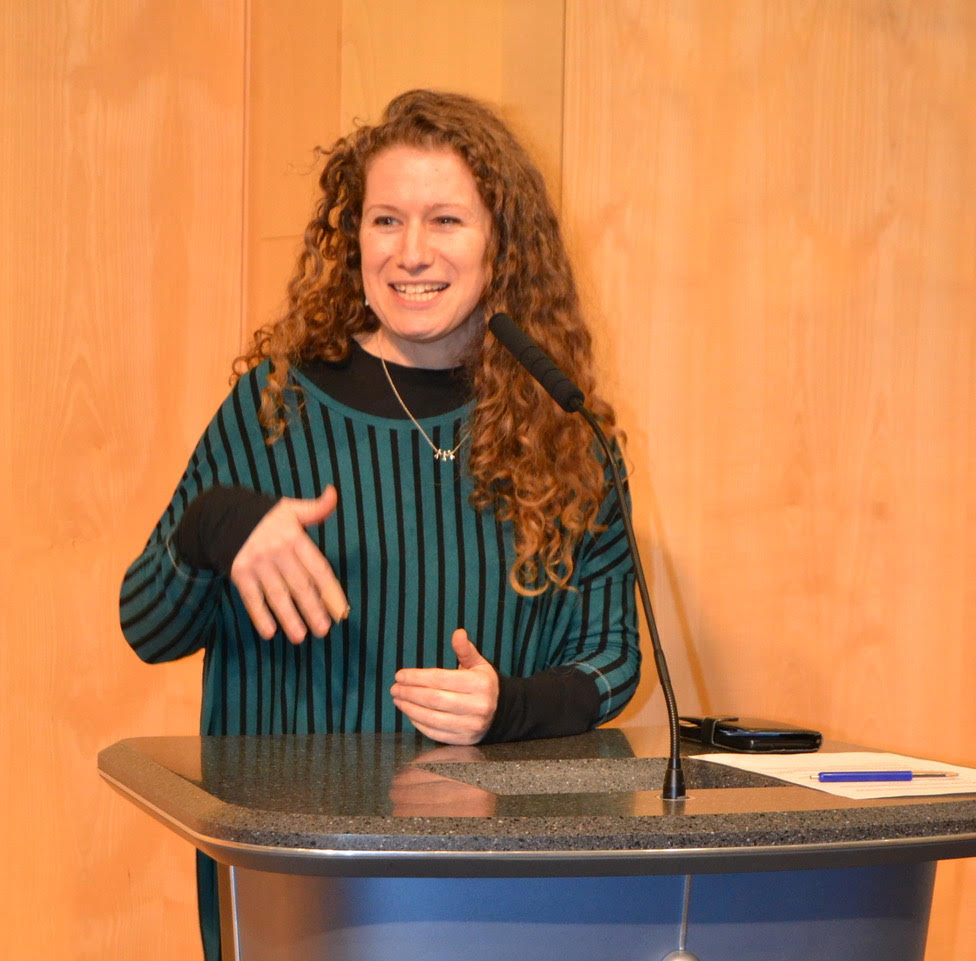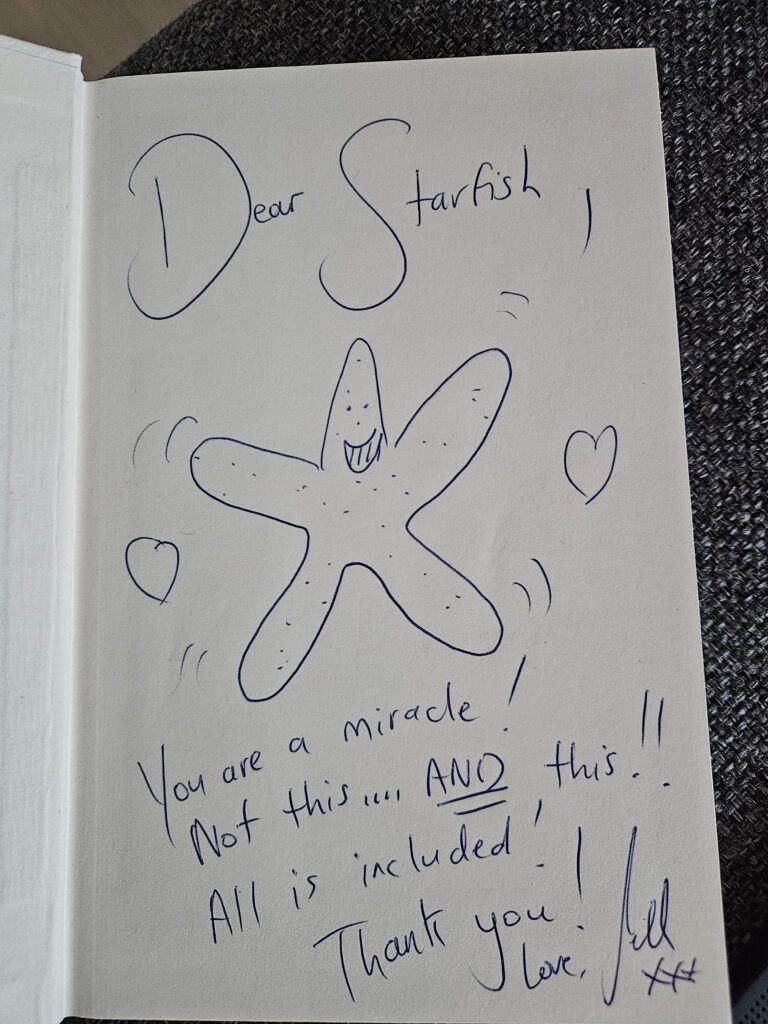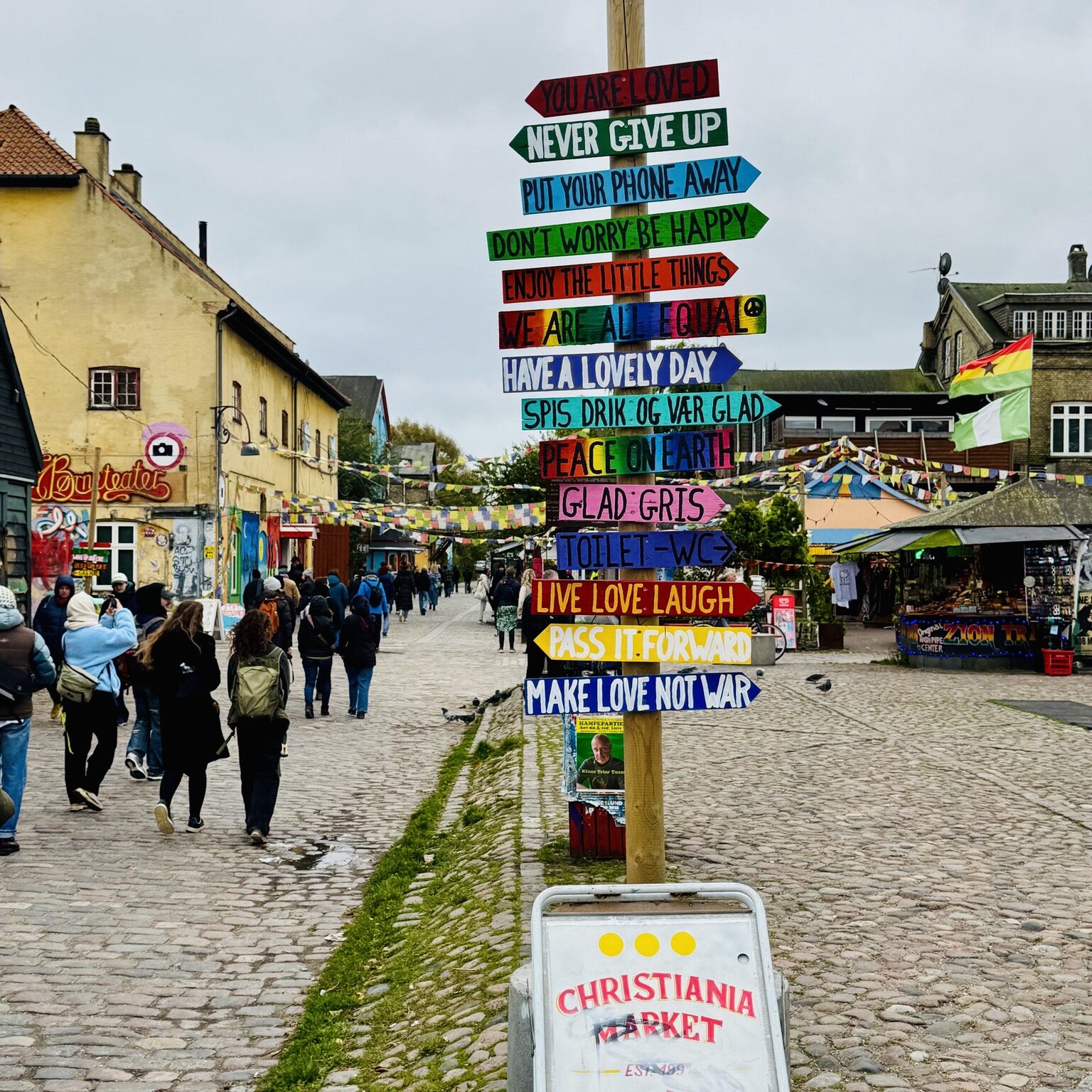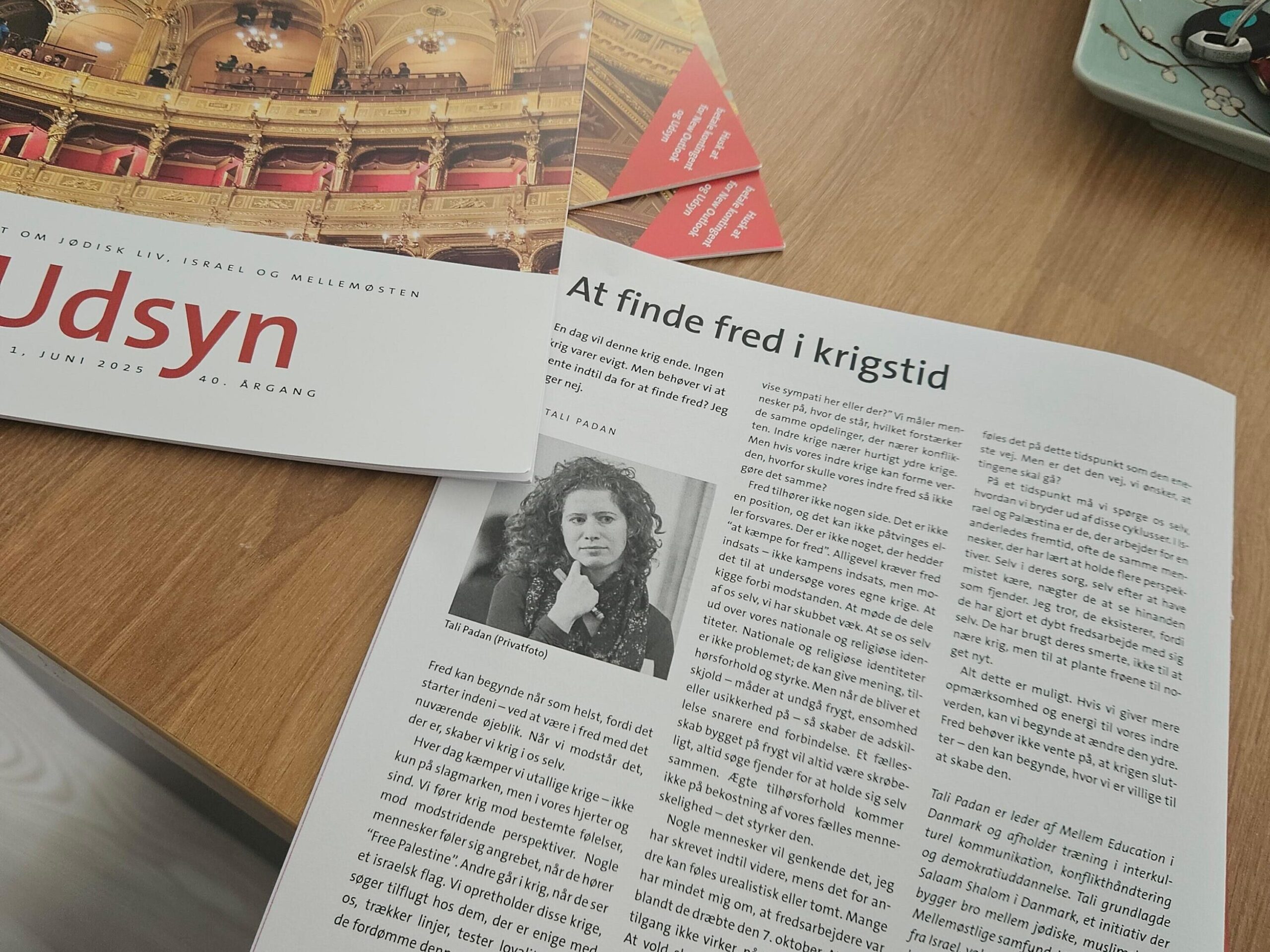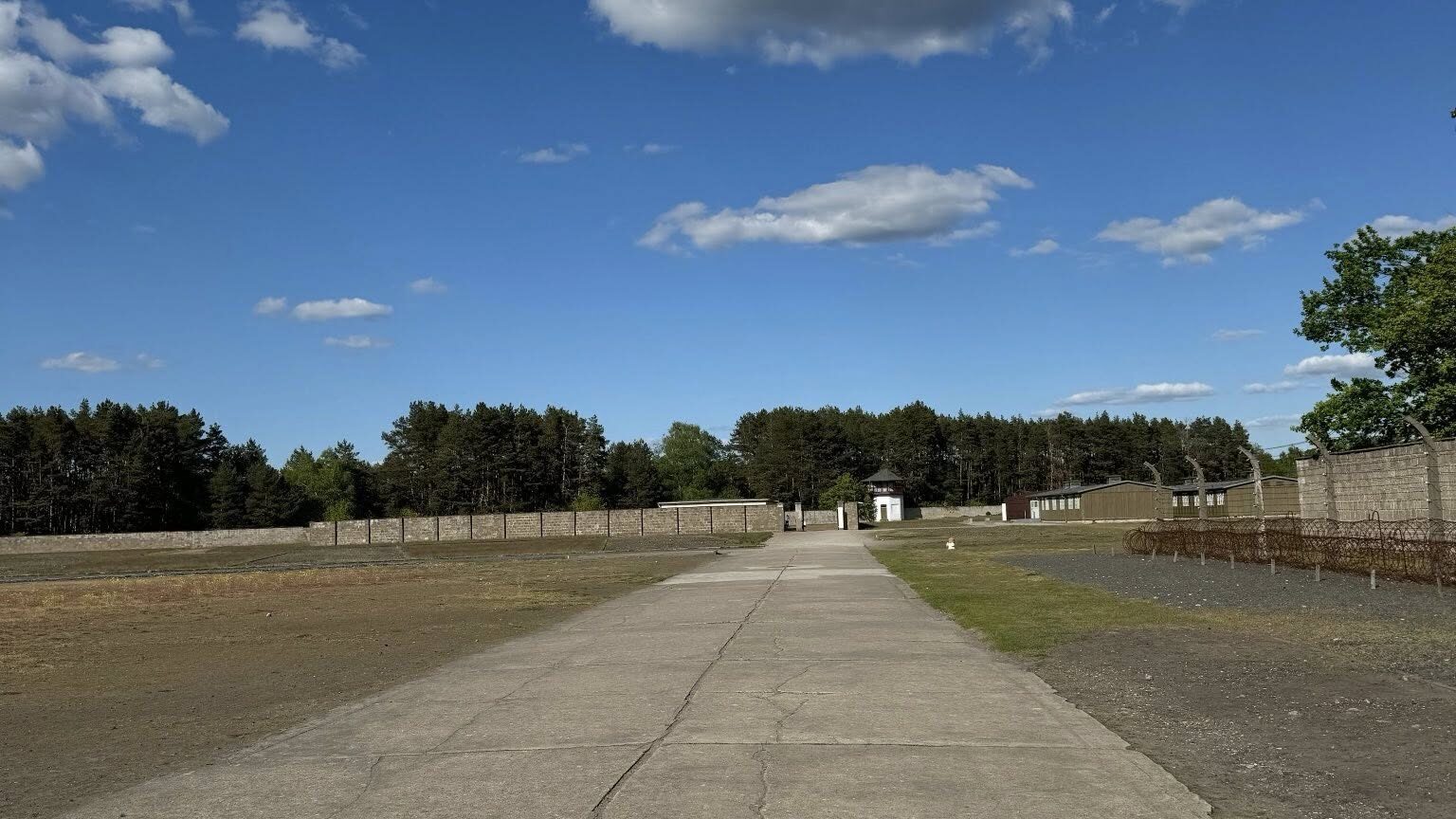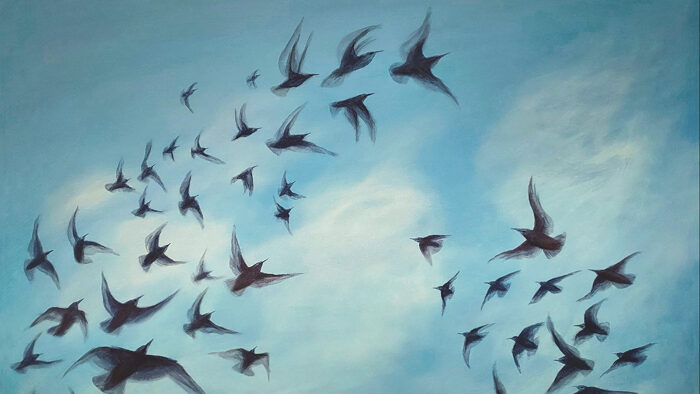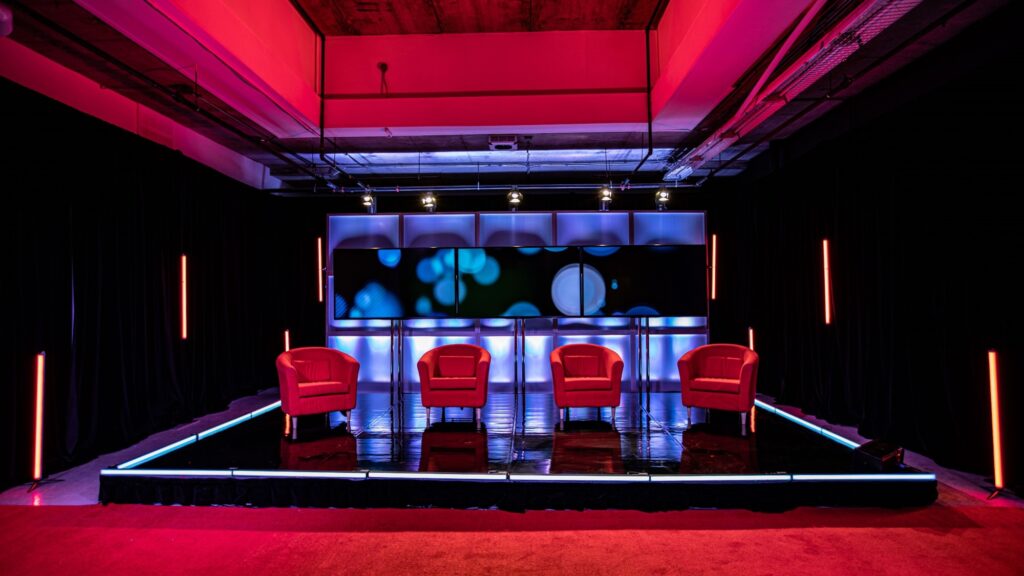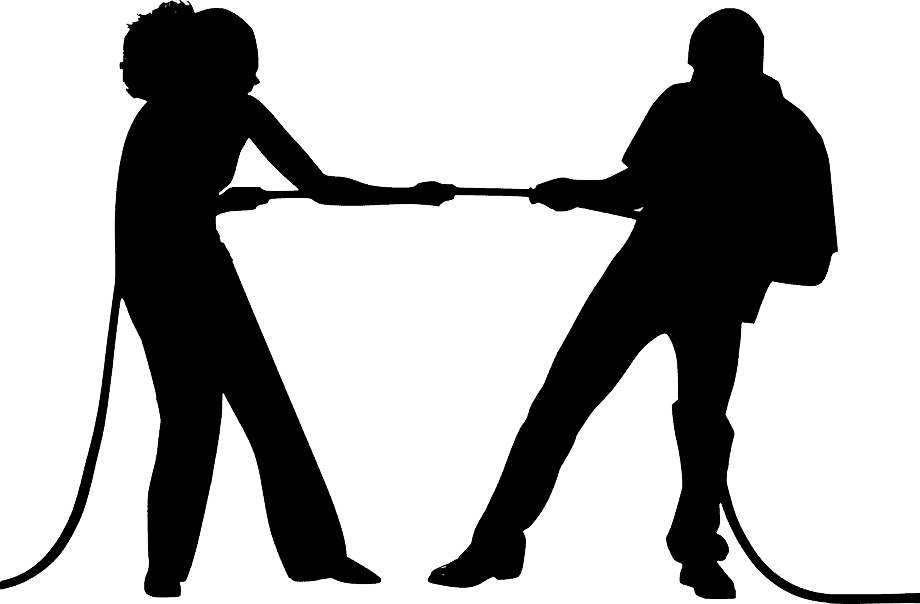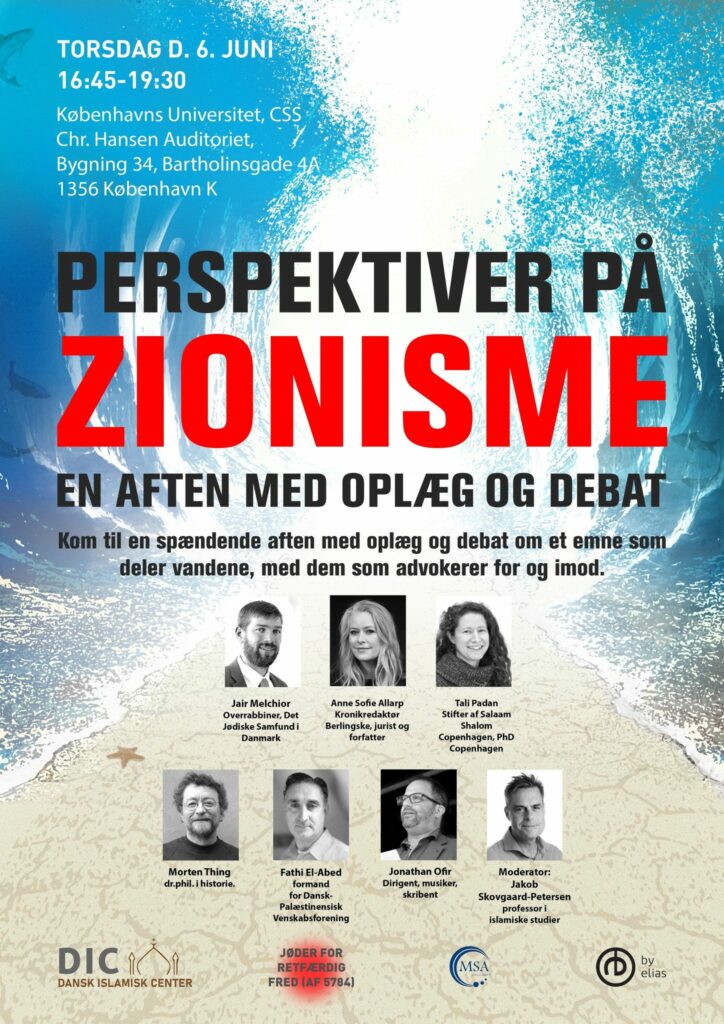23 February 2026
My son has learned the ‘h’ word, hate, and he uses it like this: When things don’t go his way or he doesn’t get what he wants, he casually proclaims ‘well then I hate you’. Not getting TV until after bathtime? Well then I hate you. Being told to stop doing something annoying? Hate you. At first it really bothered me, and I tried to rationalize my statements, “but you can’t just come and hit me”. Rationalizing to a 5 year old.. Eh, doesn’t really work. Then I tried to explain how harsh the ‘h’ word is. Then how untrue it is. Then the good old fashioned acceptance and ignoring for the 5 minutes he needs to hate until he loves again.
But one day something else came out of me, and that is to ask him – are you sure that you hate me, or is it that you don’t like the feeling you’re having? And we talked about how maybe a feeling comes up that I don’t like having and I blame the person who made me have that feeling. But it’s really the feeling that I am fighting, not the person. Maybe the feeling is “I did something wrong”, and it’s no fun to feel that way, or “I’m not getting what I want”, also no fun. He thought about it, and we left it there. Read more.
06 February 2026
I have been writing a lot about my preferred form of activism, which has more to do with being yourself than fighting the system. But I want to clarify something, because I know this stance can be off-putting to those who are beyond frustrated with the current affairs and are desperate for change. Or for those who, without standing up to the machine, would feel they enable it to keep going.
I’m not against these forms of activism, and I think they have their place. I admire people who can get out on the streets of Minneapolis and stand up to ICE patrols, basically risking their lives, as proven. Or the people of Iran, desperate for change, dying in masses to protest their regime. Or the people of Israel and Palestine, out on the streets calling for a much needed regime change. You have to have serious balls to put yourself against the power of people in uniform. I don’t have that kind of courage.
But at the same time, my courage finds its place in other ways. In exploring the darkness within. In taking responsibility for my projections on others. In not continuing wars, and to take it even further, creating alternative spaces where peace can flourish. Read more.
04 February 2026
Microphones and Behind-the-Scenes
I spent this past Sunday at two beautiful interfaith events. The first, a celebration of the ending of Tro i Harmoni, an association for which I’ve been a board member for the last couple of years. I moderated a panel with a Rabbi and an Imam, and we spoke about the difficulties of interfaith work, both collectively and in personal relationships. We explored the question of whether coming to the table with anyone is the right step, or whether there are boundaries to this work. We talked about the different conditions people have in coming to the table, and how these conditions can be both protectors and barriers. We also talked about the alternative to always pointing to the problem, the role of empathy and visionary thinking that can imagine a different way to live. We had music, meditation, food and a presentation of different organizations that continue the work of inclusion and interconnection. It was a beautiful way to honor the work that Tro i Harmoni has done for the last decade.
The second event was also an interfaith event at the Church of Scientology. This included a series of speakers who spoke about their work with interfaith, inclusion, democracy and peace education, etc. In both events, I ended up on the microphone, the first one moderating the event, including the panel (in Danish!), and the second one as an invited speaker. Both events were uplifting and unifying, highlighting the importance of interfaith work. And this is where the ‘outward’ part of my post ends. I would also like to share some of my own behind-the-scenes inward journey. Continue reading if that’s interesting to you, otherwise you could stop here. Read more.
16 January 2026
In getting in touch with one’s gift, or contribution, to this world, there is no competition around it. It doesn’t matter whether you give to one person or one thousand, every person has their unique role in the journey. The role of marketing then becomes less about getting as many clients as possible but more about putting yourself out there so that people are aware of you, and if they are drawn to your services, they come. I’m often surprised in my cacao circles that we are a small group, considering what I’ve received from Munay Healing is world changing. But then I remember that it doesn’t matter how many worlds, because it’s my whole world. So a whole world has been transformed. For someone else, it might be a different teacher or experience.
The spiritual teacher Jeff Foster used to tell this story about a child who wanted to save all the thousands of starfish who were beached on the shore, and was throwing them back one by one into the water. Someone passed by and asked, “do you really think you’re gonna be able to save all the starfish? There are too many and it’s not gonna make a difference to the majority”. “It made a difference to that one!” the child said and carried on. Read more.
3 Nov 2025
Sometimes I wonder when I’m giving a workshop or a training, whether there is an elephant in the room about me being originally from Israel, or the method being originally Israeli. With European audiences, it is often the case that they wondered about it, or even had some aversion to joining the training because of the Israeli label.
On the last day of the training that took place 24-29th October, 2025, I asked the participants if they wanted me to talk about that part, and there were a lot of nods. I shared a little bit about my own journey with how I think about the conflict, the occupation, the atrocities happening over there, how I was personally affected, etc. As we opened up the conversation, I realized this topic was indeed relevant for some people in the circle, and we started to have an honest sharing about it. Read more.
1 Sept 2025
Finding Peace in Times of War (from an article published in Udsyn magazine)
One day, this war will end. No war lasts forever. But do we have to wait until then to have peace? I say no. Peace can begin at any moment because it starts within—by being at peace with the present moment. When we resist what is, we create war within ourselves.
Every day, we fight countless wars—not just on battlefields, but in our hearts and minds. We wage war against certain emotions, against opposing perspectives. Some people feel attacked when they hear “Free Palestine.” Others go to war when they see an Israeli flag. We sustain these wars, seeking refuge in those who agree with us, drawing lines, testing loyalties. “Will they condemn this side or that? Will they show sympathy here or there?” We measure people by where they stand, reinforcing the very divisions that fuel conflict. Inner wars very quickly fuel outer wars. But if our inner wars can shape the world, why wouldn’t our inner peace do the same? Read more.
18 May 2025
The burden of Sachsenhausen: Expanding Identities
I want to share a slightly heavier experience from my week in Berlin, with the Youth4peace exchange. Youth4Peace brought together 80 young people from 26 different countries from May 3-9, 2005, and I had the pleasure of co-moderating the group. On the third day of the program, after listening to witnesses from current or recent wars, we headed to a visit to Sachsenhausen concentration camp in the afternoon. I used to work in the field of Holocaust Education, so I have been on these visits before, and I spent a lot of time engaging with young people about the story of Anne Frank and the Holocaust. I didn’t think anything of this visit to Sachsenhausen, and in fact, I thought this would be a visit just for the group, one that perhaps I could even skip and go have a coffee instead. But I realized the expectations were different, so I went along. Read more.
27 January 2025
Personal peace activism in times of war: An evening of hope
On the 26th of January, 2025, Mellem Education, in partnership with New Outlook, organized an event called ‘Personal peace activism in times of war: An evening of hope’. Billy and I wanted to use our personal stories as a foundation and inspiration for a different kind of peace activism – one that starts from within. Billy shared the complex emotions that came from growing up without a father, and his wish to find and form a masculine role model inside himself. In the most recent war in Lebanon, he lost four cousins, directly targeted by Israeli forces. Why, I asked him, did he contact me to continue our Salaam Shalom initiative after this tragic event? What motivates someone to seek peace in the face of such loss and grief? Read more here, Danish version below the English.
1 January, 2025
I decided to launch into the video world with a YouTube channel! These videos will accompany the writings here, reflecting on topics like personal peace activism, dissonance, polarization, and other relevant topics to societal healing. The first video in this series, Make Peace Great Again, talks about a force of peace that does not have to compete with war, or even come after war, but it can be its own powerful impactful practice in the world. Other videos talk about dissonance as an opposite energy to polarization, as well as thoughts on the need to belong, or the call to drop critiquing the world towards a more powerful type of activism. Later videos will also include bridging the gaps of polarization in relationships, work teams and societally.
Keep up with these videos on my channel here.
20 November 2024
Mellem Education: Between the spiritual and political
The spiritual seems to have no place in the political, as the way it looks now. But what does it mean to be spiritual? It’s not necessarily to believe in a greater force, or even to have long hours of meditation. For me, spirituality is simply the process of self-awareness, of being aware of yourself. This includes becoming aware of the parts of you that have been there all along, as well as the parts of you that have been conditioned through culture and upbringing. The process of self-awareness also includes releasing parts of yourself that no longer serve the version of you that you’ve grown into. Releasing old patterns and protective habits. I have always been immensely interested in self awareness, but I became especially engaged in this work after some disruptive events that launched me into a process of self-reflection, as they often do. Interestingly enough, it was a political education program (Betzavta), that combined these worlds for me. This is because Betzavta deals with the relationship between the individual and the group and turns the reflection into an examination of your role in a group process. Read more.
29 October 2024
Who Do You Align With? When solidarity becomes divisive
Joining a movement, especially one that aims to defend human rights and make the world more fair and balanced, is a defining action in our times. Defining or confining? This is the question I have been exploring as I watch movements strengthen, especially movements that seem to oppose one another. Having two separate movements, pro-Palestine and pro-Israel, means that these two movements somehow oppose each other. Their very existence defines and solidifies the other. The many Jews or Israelis that join pro-Palestine movements are immediately coded as anti-Israel. And the opposite is true as well. Is it not possible to be both pro-Palestine and pro-Israel? Is it not possible to be pro freedom and safety for all? If you go and ask people of these two movements if they are for freedom and safety for all, most people will say yes. The problem is, each side believes that the other said will say no, that only one side deserves this freedom and security. Read more.
22 October 2024
Intuitive Knowing: calling back our own power
I have recently been reflecting on the belief that learning has to be counter-intuitive. I go back to my assessment committee’s statement of not being able to learn anything new from my work. In a previous blog post, I questioned this premise based on the lens through which the learning was taking place. How can we learn anything new when we have fixed ideas of what learning looks like? In the academic world but also more generally in what we perceive as learning, there is a popular idea that learning has to be counter-intuitive, that it has to shake up a belief in favor of a different belief. What we thought was X is actually Y. The learning that I examine in my own work is intuitive learning, which is in fact a type of learning that reveals what you always already knew but was hidden. The belief shake up takes place but does not get replaced by a different belief. What we thought was X is questioned, and that unlearning process dusts off an inherent intuition. Read more.
18 October 2024
Agreement is not the only way to connect
Agreement is an immensely tempting way to connect. When someone agrees or shares our mindset, especially in the face of a different perspective, it is very a satisfying feeling. To hear someone express our own perspective confirms something in our identity. We claim, ‘yes, you are so right’, but the more gratifying sensation is that I am right, and you confirmed it. It gives a sense of belonging, that sense we have craved since childhood, that we are not alone, we have a community of people who share our belief systems. In our current times, however, this agreement has become so tempting that it has led to increasing polarization. It appears to be one of the main ways that we find connection and build community. Rather than community being a group of people with whom you share a variety of life experiences, these communities have become grounded in their agreement. It becomes increasingly difficult to express disagreement in these circles. Read more.
25 September 2024
PhD, EBD (Everything But Defense): On Paving Your Own Path
There are times that we are called to pave our own paths by being rejected from the mainstream paths. This is what happened with my PhD. I wrote a PhD about how dissonance can be a disruptive force that either encourages dissonance reduction strategies (staying on the path of habits and routines), or paves a new path of reflexivity, breaking out of existing assumptions and breaking open to embrace others’ perspectives. In the work, I showed and analyzed the learning process for those students who were able to take the alternative path. I showed how, through a facilitation of dissonance and a focus on process, students could be held and guided to embrace the dissonance and allow it to disrupt their own understandings of themselves. I shared their words and reflections, including their insecurities and confessions, the way they landed in uncomfortable truths, or just shared the discomfort of not feeling like they landed in any truth. The stories were very different, but each corresponded to the way they were able to undo a particular dissonance reduction strategy in themselves.
The assessment committee repeatedly rejected my research (three times), and with each rejection, I had my own dissonance reduction strategy to observe. Ultimately, the overarching pattern to undo was the fight towards having a committee validate this work. Read more.
7 June 2024
I was invited to speak on a panel about Zionism. Those who know me and my work may find it strange that I would speak on such a panel, but the organizers wanted to include diverse perspectives. It takes somewhat of a risk to do this, and I appreciate their openness.
In my talk, I shared that I would not speak about Zionism, as content, but speak about the ways in which we engage in the debate about Zionism, which I claim is just as important to the learning process. I introduced the concept of dissonance, the clash between old and new perspectives, and our natural inclination to reduce dissonance so that we can stay in the comfort of our own worldview.
I shared the value of lingering in dissonance through a personal example of my own dissonance. Around ten years ago, when I first moved to Denmark, I found myself in a very unstable and dissonant state. Because I was in this state, I was able to open up and ask questions about stable knowledge that I grew up with. Read more.



